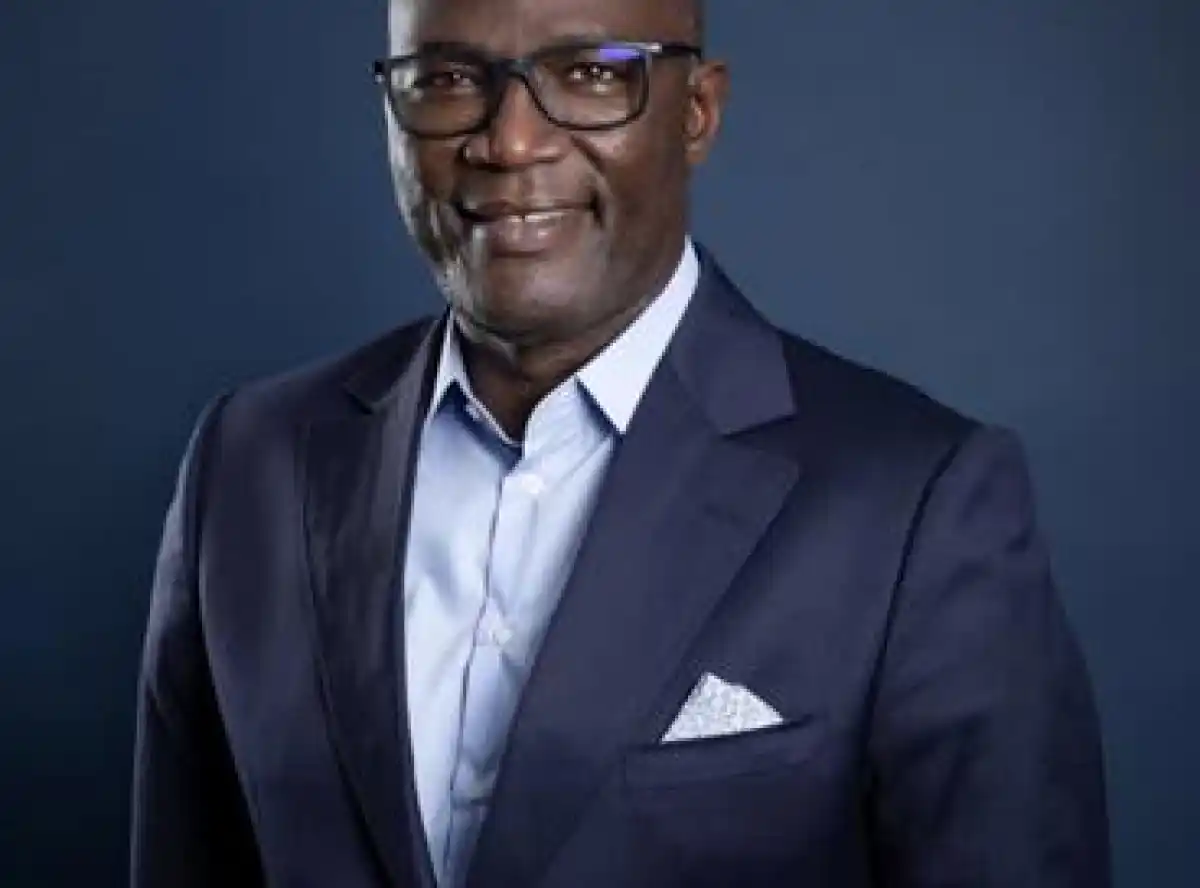
At least 350,000 Malawians are expected to benefit from a drought recovery insurance pay-out of $11.2 million Malawi has received through African Risk Capacity (ARC) to help build resilience among vulnerable communities in the face of persistent natural disasters.
A statement released by the African Development Bank last week indicates that the policy has been financed by the African Development Bank through its African Development Fund and its Africa Disaster Risk Financing (ADRiFi) Programme, a Multi- Donor Trust Fund.
The ADRiFi Trust Fund is a collaboration between the Bank Group and the ARC Group, an agency of the African Union that supports African governments to improve their capacities to better plan, prepare, and respond to extreme weather events and natural disasters.
“The funds will support food assistance to an estimated 235,000 households in Malawi’s Lower Shire and Southern regions and cash transfers to 118,000 households in the country’s Central Region,” the statement reads.
In March 2024, President Lazarus Chakwera declared a state of disaster in the worst-affected areas of the country and in April he launched a National El Niño Response Appeal to mobilise resources for humanitarian interventions as well as to boost food production in the country.
UN Assistant Secretary General and ARC Group Director General Ibrahima Cheikh Diong said in the statement that the devastating El- Nino-driven drought in Southern African underscores the critical need for preparedness in the face of escalating weather-related disasters.
“We have witnessed the role of the ARC mechanism in facilitating timely interventions, and we are grateful to partners such as the African Development Bank that make it possible for African governments to participate in ARC risk pools. Through your financial support, we can increase our reach and impact, and make a difference in the lives of the most vulnerable,” he said.








0 Comments